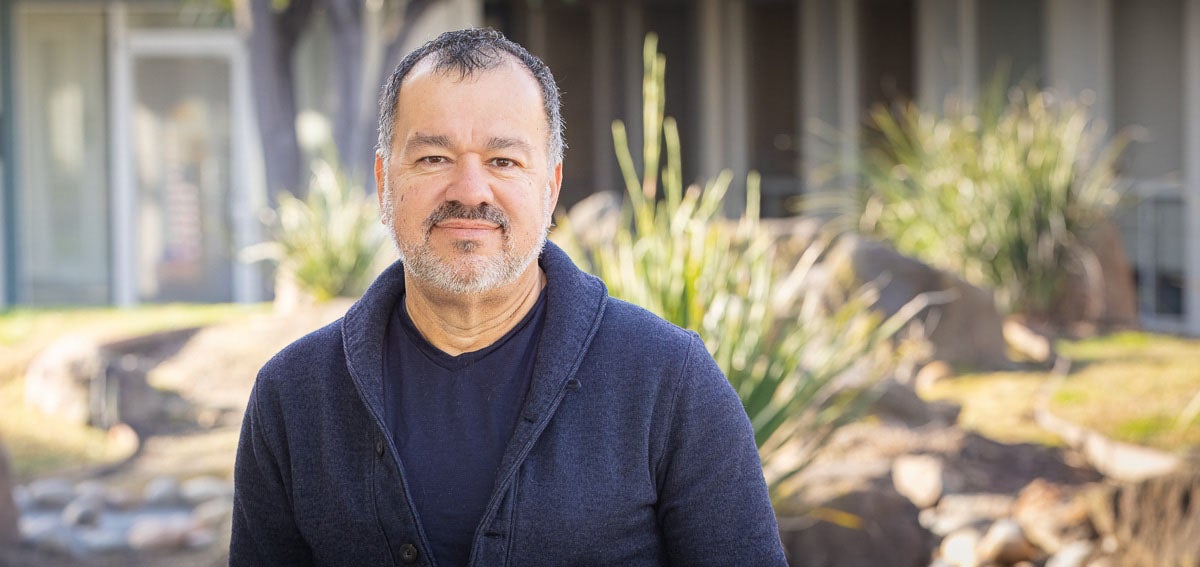View the Report
Jump to All Downloads & LinksMany participants in the Listening to Black Californians study have personal experience with mental health conditions. In the survey, nearly one in four Black Californians (23%) report a mental health condition, and nearly one in seven (14%) report that a household member has a mental health condition. Female respondents are more likely to report mental health conditions (30%) than male respondents (19%). However, studies have found that Black men underreport mental health conditions.
Key Findings
The Takeaway
Black Californians regularly engage with the health care system but are often mistreated because of their race, and this is especially so for Black Californians with mental health conditions. Providers can respond by acknowledging the impact that racism and incidents of violence have on the mental health of Black people, especially younger people. Communities can normalize conversations about mental health to help reduce the stigma associated with mental health conditions and to encourage people to get care.
Black Californians with Mental Health Conditions Actively Tend to Their Mental Health
Black Californians with mental health conditions are more likely to devote “a great deal” or “quite a bit” of effort to focusing on their mental health (87%) than those who do not report mental health conditions (77%). These participants also devote significant effort to actively reducing stress and speaking up about health concerns. Participants with mental health conditions are also more likely to seek out alternative approaches to health care and to meditate.
Black Californians with Mental Health Conditions Report Many Negative Health Care Experiences
Black Californians with mental health conditions are one of the groups most likely to report being treated poorly by a doctor or other health care provider because of their race or ethnicity (47% compared to 26% among those without a mental health condition). Respondents with mental health conditions are also more likely to report specific negative experiences during health care visits.
Black Californians with Mental Health Conditions Often Avoid Care or Adopt Protective Behaviors When Seeking Care
Four in 10 Black Californians with mental health conditions (40%) report avoiding care because they felt they would not be treated fairly or with respect, significantly more than those without mental health conditions (21%). Care avoidance is associated with increased risk of morbidity and mortality, especially among those with chronic, preventable, and treatable medical conditions. When they do seek care, Black Californians with mental health conditions deploy various strategies to mitigate poor treatment.
“Based on my own experience . . . we as a community don’t talk about our mental health issues enough. And I think sometimes by not talking about it, people might want it to go away. But it’s such a critical issue [in] how we all maintain [our] sanity.”
—73-year-old Black man, San Francisco Bay Area
Key Areas for Action
In interviews, mental health experts recommend the following strategies to help alleviate the burden of mental illness in Black communities:
- Normalize conversations about mental health.
- Create accountability for early detection and treatment of mental health conditions.
- Increase access to mental health services across all modalities.
- Partner with trusted messengers.
- Acknowledge the impact of racism and the barrage of news about violent incidents toward Black people.
Authors & Contributors
Linda Cummings
Health Services Research Consultant





